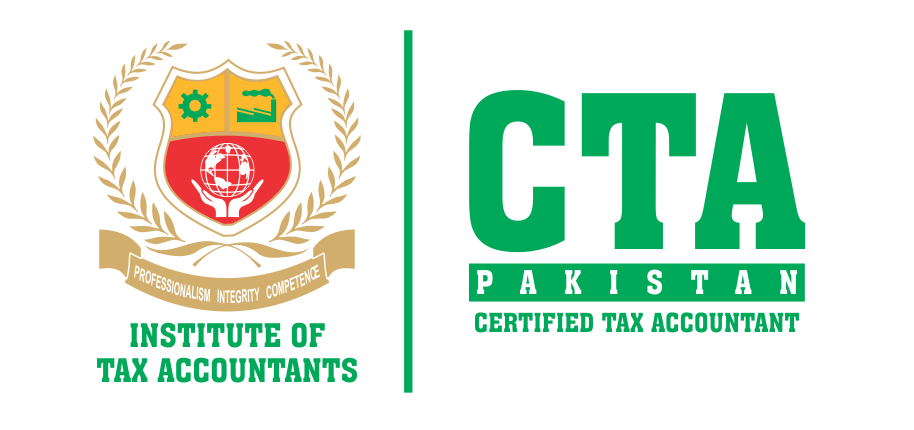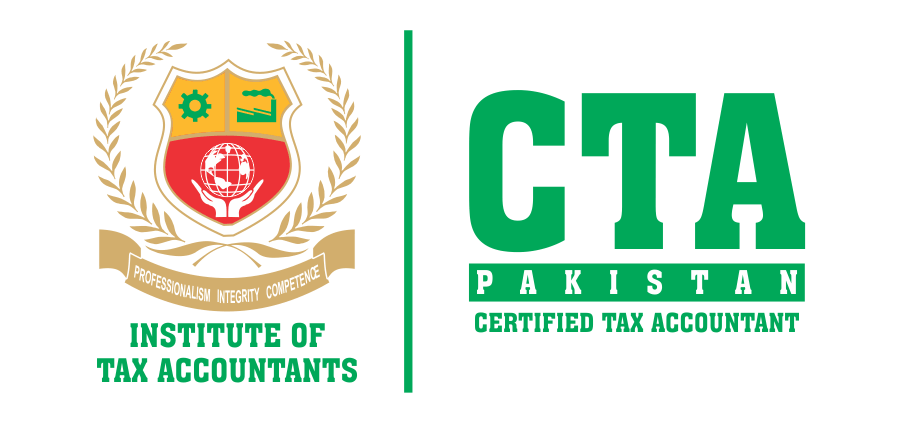Continuing Professional Development:
Staying up to date is essential if you want to have a successful career in internal audit. The profession is evolving rapidly which means new demands are being placed on internal auditors. If you don’t develop your skills and competencies, you risk being left behind.
CPD is one of the most important and effective ways for you to keep your knowledge and skills up to date. You should determine personal CPD objectives, taking into consideration things like:
Changes in standards, regulations and legislation, industry, your profession, or your job role
Your strengths and weakness
Your own ambitions and career progression
Any feedback you have received
Recommended CPD requirements for The Institute of Tax Accountants Pakistan™ auditors:
Provisional Auditors, Auditors, Lead Auditors and Principal Auditors should complete an average of 15 hours of CPD each year, minimum. A minimum of 9 hours a year must be structured.
Provisional Internal Auditors and Internal Auditors must complete an average of 5 hours CPD each year, minimum.
Types of Continuing Professional Development (CPD):
CPD can encompass a huge variety of learning activities. It is not limited to classroom-based courses, and it does not have to be specific to the scheme against which you audit. Any learning activity that supports your professional development is encouraged. It can be audit, scheme, or industry specific or more general business or “soft” skills. Courses to refresh your understanding of auditing tools and techniques, or to inform you about changes to standards are valuable ways to keep you up to date with changes in the auditing profession. Training and development offered by your employer is as applicable as that offered by training organizations.
The Institute of Tax Accountants Pakistan™ categorizes CPD as unstructured or structured.
Structured CPD:
Structured CPD is guided learning activity undertaken to with a view to addressing specific, identified personal development needs. This may include:
Training courses, either classroom-based or online. To make it easier for you to choose CPD, we have approved many 3rd party organizations’ training courses under our The Institute of Tax Accountants Pakistan™ Approved CPD Scheme
Seminars and lectures, including webinars
Conferences and events
Unstructured CPD:
Unstructured CPD describes general learning activity you may have undertaken to develop your knowledge and competence. Unstructured CPD is self-determined, and not necessarily related to specific learning outcomes.
Examples include:
Active engagement in relevant discussion forums, such as The Institute of Tax Accountants Pakistan™’s social media pages
Reading newspaper, magazine, or online articles relevant to your industry or profession e.g. internal audit , internal control
Self-study
Through the members’ section, you can access online resources, such as reports, articles and webinars. You can also access thousands of journals and industry publications in our e-library. All these resources can contribute to continuing your professional development.
Recording and providing evidence of your CPD:
You should record your CPD on as and when you undertake it. In your CPD log, you should include:
a description of your CPD activity, and;
a description of how it has contributed to your continuing professional development.
You must submit evidence to support your structured CPD log, such as certifications or confirmations of attendance.
Hold several designations? You only have to report your CPD once
If you hold the The Institute of Tax Accountants Pakistan™ or CICE in addition to the PICIA , you only have to report your CPD activity to The Institute of Tax Accountants Pakistan™. We will not ask you to submit evidence to us as well.


